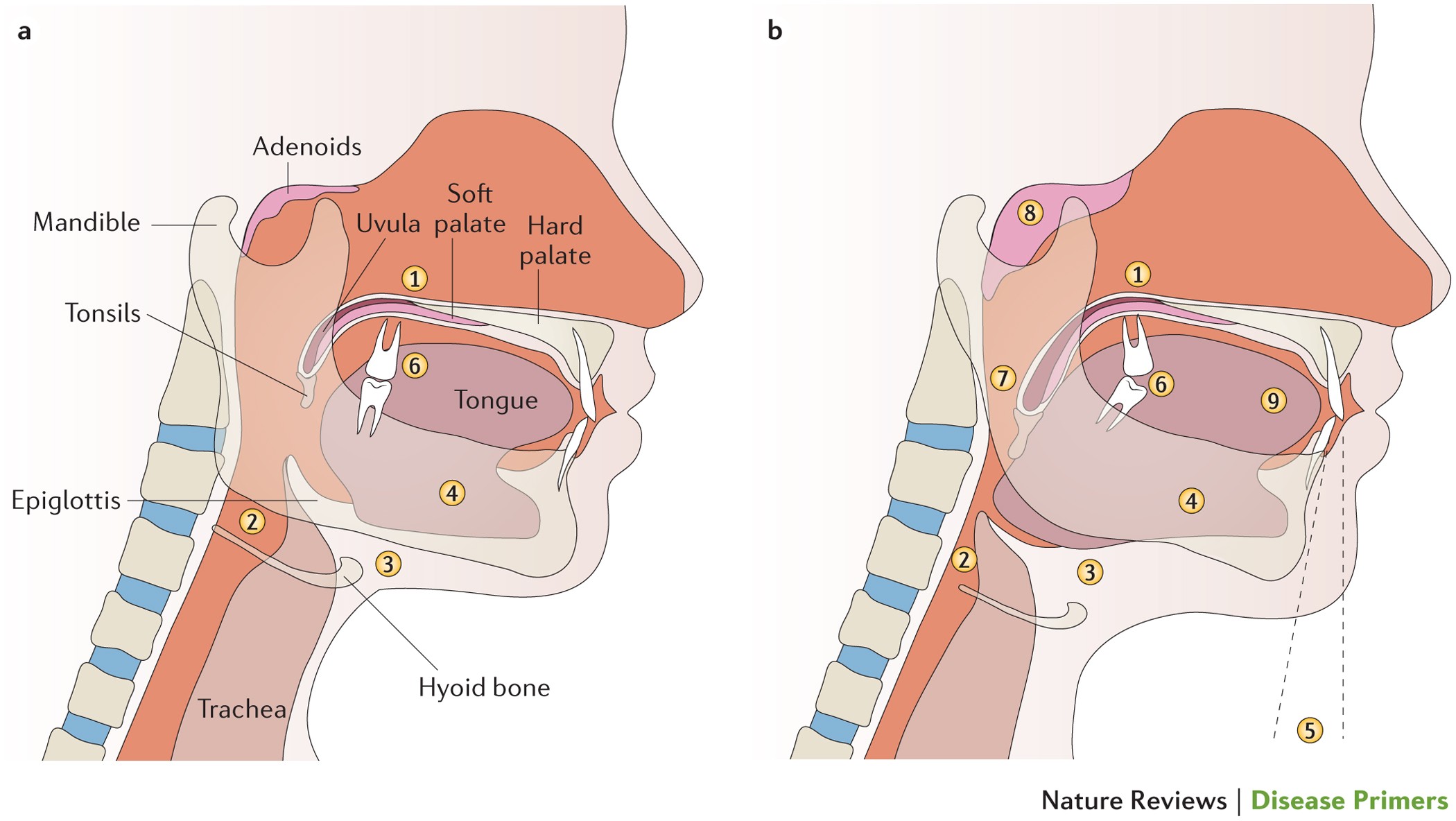
Every person desires to get some rest, and the best possible way of resting comes from getting some sleep. Even the most hardworking people take time off to close their eyes and rest. Sleep disorders that disrupt your sleep make life hard and resting nearly impossible. Sleep apnea Union Square, is a disorder that disrupts your sleep cycle It is thus advisable that you seek treatment for it and get rid of the crippling sleep disorder. While you deliberate on getting treatment, you should know about some of the multifactorial causes of sleep apnea.
Obesity
Cases of obesity are increasing by the number globally. When you are overweight, fat deposits in your upper respiratory tract, narrowing your airway. When your airway narrows, there is a decrease in muscle activities in the upper respiratory tract leading to obstruction in breathing. Obesity causes Obstructive sleep apnea. When your brain senses that you are not getting enough air, it usually briefly wakes you so that you can try reopening your airway. Obesity, therefore, causes sleep apnea as you keep waking up at night.
Use of certain medications
Sleep apnea is often brought about by using certain medications. Medicines like narcotic pain medicines, antihistamines for your allergies, sleeping tablets, and sedatives are some of the medications that cause sleep apnea. When used for a prolonged period, these drugs may lead to central sleep apnea as they affect your brain’s ability to send signals to your breathing muscles. It is a result of the drug’s components. Both prescribed and over-the-counter drugs can cause sleep apnea, so you must consult your doctor about medications that may cause sleep apnea.
Stroke
Having a stroke increases the risk of you having sleep apnea. When you have a stroke, the blood flow to part of your brain stops; this could make you develop central sleep apnea. That is quite rare. When the stroke affects part of your respiratory system, it obscures breathing which then causes obstructive sleep apnea. Patients with stroke are at high risk of getting sleep apnea, which could be life-threatening. Therefore, you must get a healthcare provider to look after you or your loved ones who have a stroke.
Age
Sleep apnea is more prevalent in older people, unlike in young people. As you grow older, there is a decline in cognitive functioning. Your body ages, and so does your brain’s ability to send signals through your body. Sleep apnea also develops in women after menopause due to changes in the body’s functionality. With old age, your body ages, and with that, it fails to function at its best. Which automatically predisposes you to age-related illnesses like central sleep apnea.
Millions of people globally suffer from sleep apnea, making life hard and negatively affecting their daily lives. Sleep apnea is a serious sleeping disorder that affects your sleep due to poor and inconsistent breathing. Obstructive sleep apnea is the most common, unlike central sleep apnea. Many factors increase your risk of getting sleep apnea. Sleep apnea is treatable, and treatment will help you manage and control your sleep apnea. You should seek medical advice from your healthcare provider for treatment and diagnosis of sleep apnea.
